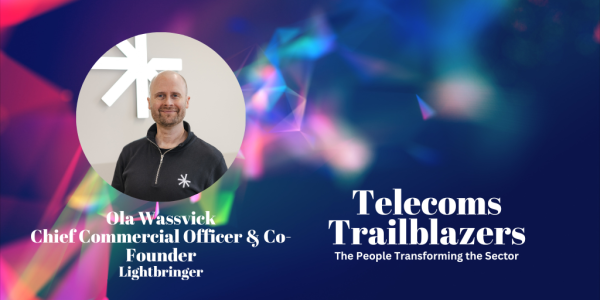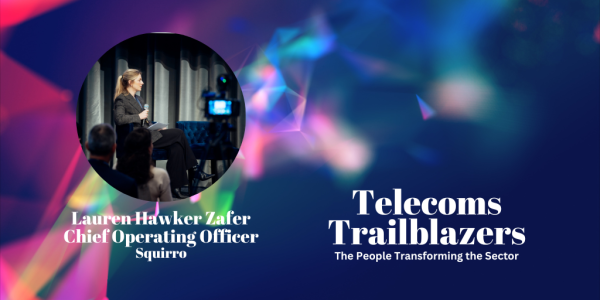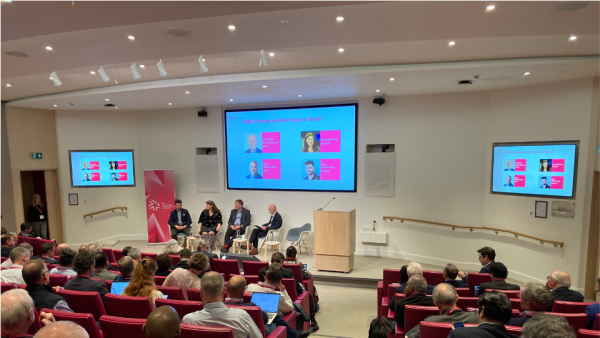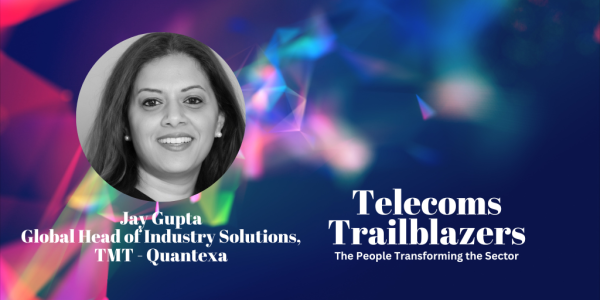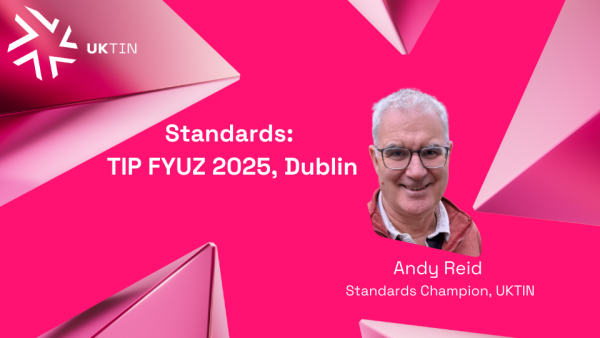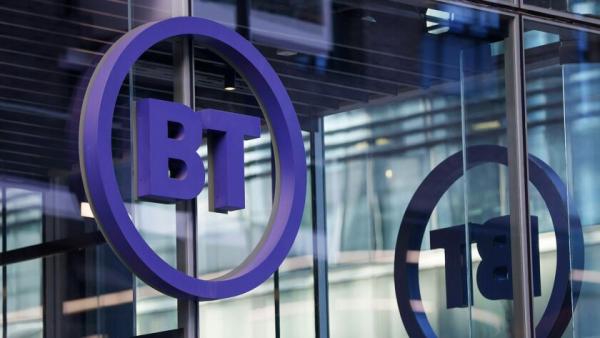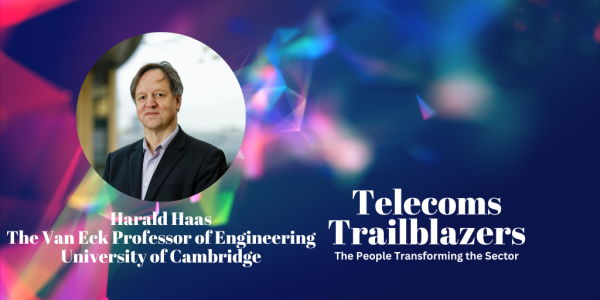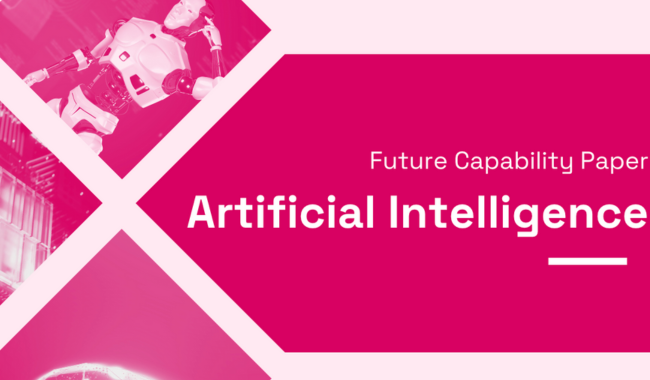
UKTIN spoke to Yue Wang, Chair of the AI Expert Working Group to learn more about the group’s Future Capability Paper, which was published today.
You can find more information on the future capability paper series here and catch up on the wireless networking paper, which was published last week, here.
Please talk us through the process of creating the paper.
The working group consists of 15 members from industry and academia, including SMEs, who worked together to create this. We started by deciding the key questions that we wanted to address in the paper. When it comes to AI, things can get overwhelming quite quickly as there are so many aspects the paper can include: firstly, we identified the scope and then we developed specific topics where AI brings impact. This led to six technical topics: Architecture, Infrastructure, Data, Network Testing, and Network Services. While developing different technology topics, we identified common challenges across the topics, such as Skills, AI Ethics and Security, Sustainability, and Economic impacts. These later become cross-subject topics in the paper. The group has had lots of healthy discussions and debates, among ourselves and with external experts, resulting in a paper examining AI's future opportunities and challenges across technological, business, economic and societal aspects.
What is the one thing you’d like people to know about the report?
It's a comprehensive report with a call for action. We recommend creating a Future Network Platform and an innovation programme to co-innovate, co-create and co-develop the transformative AI capabilities in the network with the stakeholders. Ultimately, we envisage this will create a unified platform, boosting innovation, skills and partnerships that focus on the possibilities of future AI in Telco. We explain in the report why the recommendation is critical from different aspects, backed up with some interesting statistics. It's well worth a read.
What surprised you most while preparing this report?
The fantastic level of engagement from the EWG members. They generously devoted their time, energy and expertise to developing the paper. The biggest surprise, though, was the amount of content we ended up with. There was far more than I anticipated. By brainstorming and drawing inspiration from each other, we not only covered the initial topics comprehensively but also explored topics we hadn't initially considered. The wealth of perspectives has presented us with the delightful challenge of integrating diverse insights into a cohesive narrative. As the chair, it was my privilege to be able to work alongside such an innovative group of experts. Guiding the extensive discussions and channelling this incredible energy towards our common goals has been a really rewarding experience.
What conclusions were you able to draw?
There are significant opportunities for the telco industry when AI is integrated. We identified many cases where AI is already creating a thriving ground for innovation, from network operations to services and business transformation. There is also a strong ecosystem leveraging services provided by AI, both as the third party and to the third party. The opportunity is not just for telecom operators but for other sectors too, such as healthcare and education. AI will have a huge impact on our society and of course the UK economy.
Are there any themes picked up in the AI paper that we can expect to see continued or explored in more detail in the next paper, which focuses on security?
AI Security is a very important topic, and we were given brilliant insights from the security group. We also noticed the key role semiconductors can play in future Telco AI due to the significant computational power that is needed both at the cloud - and when computational tasks are moved closer to the data sources such as at the edge and far edge equipment. We also identified a crossover between AI and quantum as a future topic, suggesting that quantum may require a focused exploration too. Perhaps quantum, which is an increasingly important topic, deserves an EWG of its own.
Download the Artificial Intelligence Future Capability Paper here

